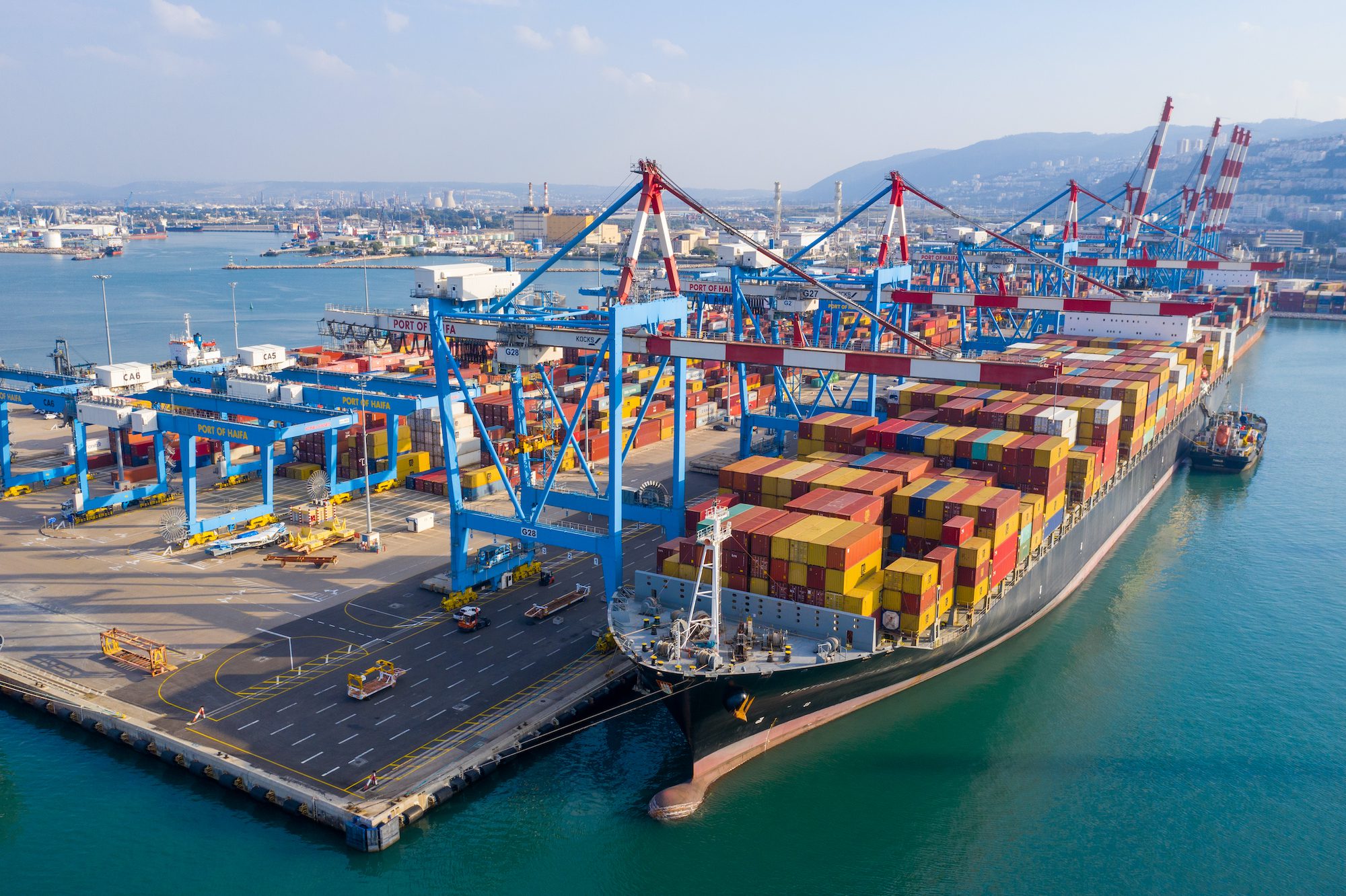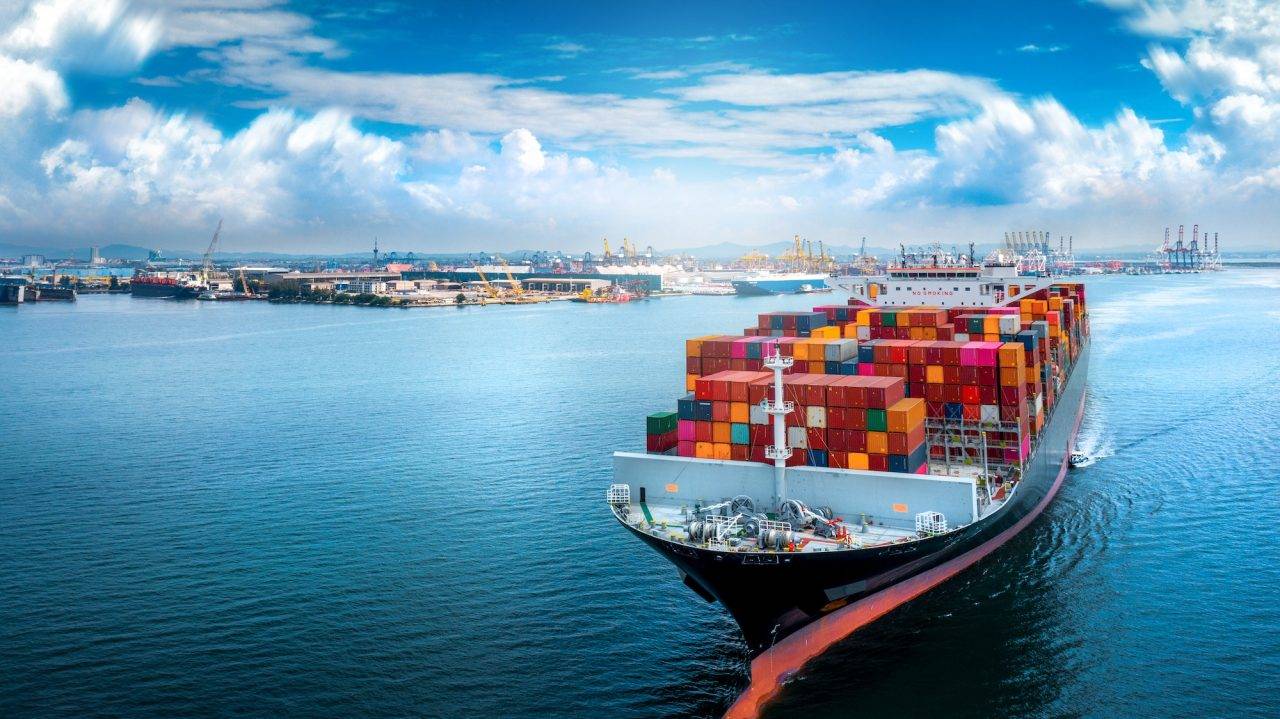Importing goods into Israel can be an exciting opportunity, whether for personal use or business purposes. However, understanding the costs involved, especially taxes, is essential. One of the most important things to know is how much you will need to pay in import taxes, as this will impact your overall profit or the cost of your goods.
In this blog, we will break down everything you need to know about import taxes in Israel in simple terms to help you get started.
What is Import Tax?
Import tax, also known as customs duty, is a fee that the government charges on goods brought into Israel from another country. The amount you need to pay depends on the type of product, its value, and other factors such as weight or size.
These taxes are used by governments to control trade, protect local industries, and raise revenue. For businesses or individuals, paying the correct amount of import tax is a crucial part of the import process.
Importing Goods to Israel
Israel has strict rules and guidelines about what can be imported and how the process should be handled. If you are importing goods for personal use, you can usually do this without many hurdles. But if you plan to import for commercial or business purposes, you need an import license.
Without this license or permission, you might face penalties, and your goods could be delayed at customs.
Types of Import Taxes in Israel
When bringing goods into Israel, you may face several types of taxes and fees:
- Customs Duty: This is a tax on specific goods such as electronics, clothing, or cars. The percentage of this tax varies depending on the type of product.
- Purchase Tax: This tax is applied to certain products like alcohol, cigarettes, or cars. It is added to the customs duty.
- VAT (Value Added Tax): This is a flat tax that is added to almost all imported goods. In Israel, the VAT rate is currently 17%.
- Excise Tax: Some products, like tobacco and fuel, may also have an additional excise tax.
How to Calculate Import Tax in Israel?
To calculate the total import tax, you need to add up all the different taxes. Here’s how you can do it:
- Step 1: Calculate the Customs Duty – Start by checking the percentage rate for the specific goods you are importing. You can find this information from Israeli customs authorities or by using an import tax calculator online.
- Step 2: Add the Purchase Tax (if applicable) – If your product is one of those that require purchase tax, calculate this and add it to the customs duty.
- Step 3: Calculate the VAT – Apply the 17% VAT to the combined total of the customs duty and purchase tax.
- Step 4: Check for Excise Tax – For certain goods, like tobacco or alcohol, add the excise tax to the total amount.
Once you complete these steps, you will have an estimate of how much you will need to pay for import tax in Israel.
Example of Import Tax Calculation
Let’s say you are importing a laptop to Israel. The customs duty on laptops is 0%, but you will still have to pay VAT.
- Value of the laptop: $1,000
- Customs duty: 0%
- Purchase tax: 0%
- VAT: 17%
So, the VAT on the $1,000 laptop would be $170. Therefore, the total import tax you need to pay is $170.
How to Avoid Import Problems
To avoid problems during the import process, here are a few important tips:
- Know the Restrictions: Some goods are prohibited or restricted from entering Israel. Make sure the product you are importing is allowed.
- Check the Supplier: Ensure the country you are importing from is not on Israel’s restricted list.
- Work with a Professional Shipping Company: A company that specializes in international shipping can guide you through the process and make sure everything runs smoothly, helping you avoid costly mistakes or delays.
Conclusion
Importing goods to Israel requires careful planning, especially when it comes to taxes. The amount of import tax you need to pay depends on the type of product, its value, and other additional charges such as VAT. By understanding these taxes, you can better manage your costs and ensure a smooth import process.
For the latest and most accurate information on import taxes, it is always a good idea to consult with a professional shipping company or customs agent who can assist you throughout the process. This way, you can ensure that you are paying the correct amount of tax and avoid any issues with customs clearance.






